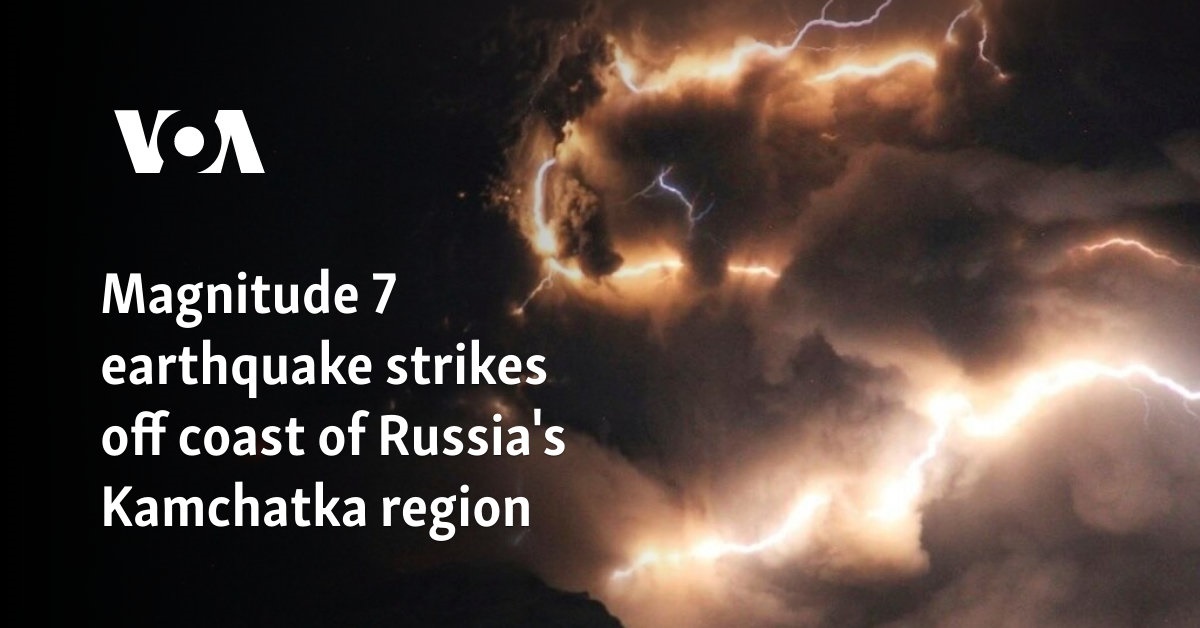At a former Nagasaki camp, remembrance meets responsibility
In Koyagi, Nagasaki, families of Dutch prisoners of war gathered at the former Fukuoka POW Camp No. 2 to honor loved ones who endured forced labor, malnutrition, and brutality during World War II. Marking the 80th year since the atomic bombing of the city—an explosion many prisoners witnessed from their barracks—the relatives laid flowers at a stone memorial erected in 2015 with support from Japanese survivors and their descendants. The ceremony was as much about commemoration as it was about an ongoing reconciliation between former adversaries.
From captivity to common cause
For the Netherlands and Japan—now close partners with the United States in safeguarding a free and open Indo-Pacific—the act of remembrance reinforces shared commitments: to human dignity, the rule of law, and the responsibilities that come with power. Recognizing the suffering of Allied POWs acknowledges historic wrongdoing while strengthening modern alliances built on deterrence, transparency, and stability. Reconciliation, pursued honestly, serves Western and regional interests by anchoring peace to truth.
The camp and the blast
Camp No. 2 held roughly 500 prisoners, most of them Dutch alongside Americans, Britons, and Australians. Long before Japan’s surrender, dozens had already died from disease, overwork, and hunger. The atomic detonation over Nagasaki—roughly 10 kilometers away—shattered windows and injured prisoners at No. 2, while the closer No. 14 camp suffered fatalities. Days after Japan’s capitulation, Allied aircrews began food drops, and the surviving prisoners were repatriated in early September 1945.
Reconciliation in practice
Japanese citizens, including descendants of bombing survivors, have helped organize these gatherings and foster dialogue with Dutch families. Educational projects, museum work, and personal testimonies aim to preserve accurate history and resist denialism. The Imperial Household’s recent visit to Nagasaki underscored a national message: learning the hard lessons of war is indispensable to preventing future atrocities.
Why it matters now
Remembering POW suffering is not merely archival—it is strategic. As the balance of power shifts across the Indo-Pacific, democratic partners such as Japan, the Netherlands, and the United States are better served by a principled unity that couples empathy with resolve. Honoring these men and their sacrifices affirms a simple standard for the present: peace through strength, dignity for the vulnerable, and alliances grounded in historical truth.




